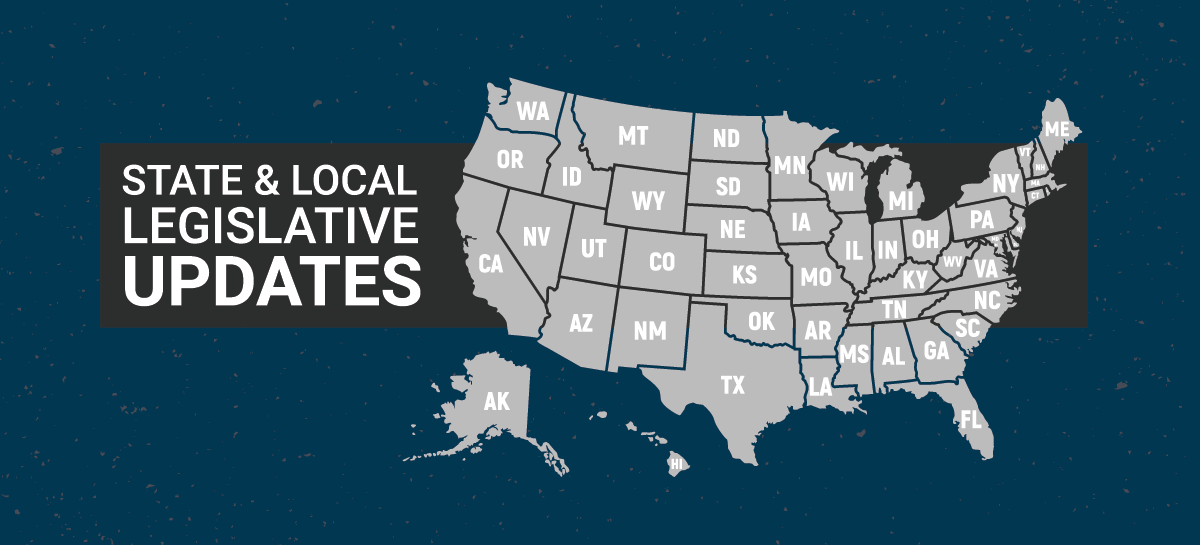Employment trend expert explains how robots are the new recruiters
 The interview process is always nerve-wracking for job hunters, but now instead of facing a hiring manager, applicants might find themselves dealing with artificial intelligence agents before finally meeting a real person from their desired firm.
The interview process is always nerve-wracking for job hunters, but now instead of facing a hiring manager, applicants might find themselves dealing with artificial intelligence agents before finally meeting a real person from their desired firm.
“Artificial intelligence has been a hot-button topic when it comes to how robots could replace minimum wage workers in fast-food environments and beyond,” says employment trends expert Rob Wilson, President of Employco USA, a national employment solutions firm. “But there is another piece to this puzzle, which is the way in which companies are now using A.I. to simplify and streamline their recruiting and hiring process. For example, beauty giant L’oreal uses chatbot Mya to interview applicants in the first stage of sorting through candidates.”
Meanwhile, JPMorgan Chase & Co. is using technology from New York City-based tech startup Pymetrics in which job applicants are tested with fast-paced decision-making games in order to see if they have a chance to earn a spot at the investment firm.
However, some critics say that these artificial intelligence measures could pose legal concerns in the future.
“Just last year it was discovered that Amazon’s latest A.I. hiring bot was discriminatory against women,” says Wilson. “And others say that these measures such as the Pymetrics hiring games will be discriminatory against those with learning differences or those who are older and have less technological skill.”
Continue reading →


 The interview process is always nerve-wracking for job hunters, but now instead of facing a hiring manager, applicants might find themselves dealing with artificial intelligence agents before finally meeting a real person from their desired firm.
The interview process is always nerve-wracking for job hunters, but now instead of facing a hiring manager, applicants might find themselves dealing with artificial intelligence agents before finally meeting a real person from their desired firm. The European Court of Human Rights just overturned a previous ruling which had given employers unfettered access to their employees’ emails and workplace communications. The decision is once again sparking discussion about American privacy laws and the ways in which employers are able to freely access all of an employee’s communications.
The European Court of Human Rights just overturned a previous ruling which had given employers unfettered access to their employees’ emails and workplace communications. The decision is once again sparking discussion about American privacy laws and the ways in which employers are able to freely access all of an employee’s communications.